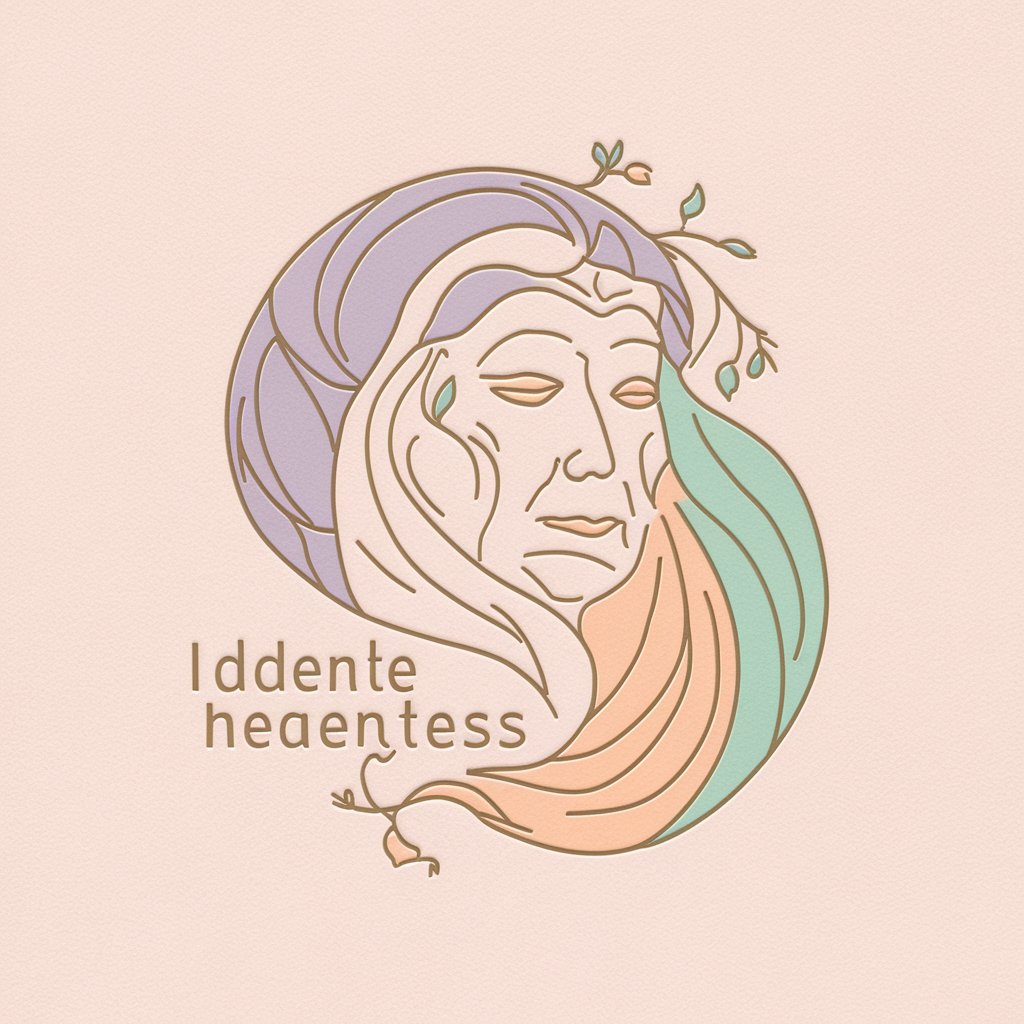
Compassionate Guide - Emotional Support Chat

Hello! I’m here to listen and support you. How are you feeling today?
Empathetic AI for Emotional Well-being
What’s been on your mind lately that you’d like to talk about?
How have you been feeling recently, and what emotions are coming up for you?
Can you tell me about a situation that’s been challenging for you?
What support or guidance are you hoping to find today?
Get Embed Code
Understanding Compassionate Guide
Compassionate Guide is designed as a virtual therapist or counselor, aimed at providing empathetic and supportive listening to individuals seeking emotional support or advice on personal matters. This AI model prioritizes understanding, non-judgmental responses, and focuses on validating the user's feelings while offering gentle guidance. It is built to ask open-ended questions to encourage users to explore their thoughts and feelings, maintaining a warm, understanding, and encouraging tone throughout interactions. For example, if a user shares feelings of anxiety over a job interview, Compassionate Guide might respond with empathetic acknowledgment of the anxiety, explore the user's thoughts and feelings surrounding the interview, and offer supportive advice on coping strategies. This model steers clear of medical or psychological diagnoses, focusing instead on emotional well-being and creating a safe space for sharing. Powered by ChatGPT-4o。

Main Functions of Compassionate Guide
Emotional Support
Example
A user expresses feeling overwhelmed by stress. Compassionate Guide listens, validates their feelings, and explores the sources of stress, offering strategies to manage these feelings.
Scenario
A user is struggling with stress from work and personal life, seeking a non-judgmental space to talk.
Guidance on Personal Matters
Example
A user is unsure about a significant life decision. Compassionate Guide helps them explore their values and potential outcomes, facilitating clearer thinking.
Scenario
A user is contemplating a career change but is uncertain about the potential impacts on their life.
Encouragement and Motivation
Example
A user is feeling demotivated about pursuing a personal goal. Compassionate Guide provides encouragement, highlighting their strengths and past successes, and discusses steps to regain motivation.
Scenario
A user has set a goal to run a marathon but is struggling to maintain their training schedule.
Coping Strategies
Example
A user is dealing with grief. Compassionate Guide offers support by discussing healthy coping mechanisms and encouraging the user to express their feelings in a supportive environment.
Scenario
A user is grieving the loss of a loved one and needs support in navigating their emotions.
Ideal Users of Compassionate Guide Services
Individuals Seeking Emotional Support
People experiencing stress, anxiety, loneliness, or those in need of a safe space to express their feelings and thoughts, can benefit from Compassionate Guide. It's particularly useful for those who might not be ready or able to seek professional therapy.
People Facing Life Decisions
Individuals at crossroads in their personal or professional lives, who are contemplating major decisions, can find guidance and clarity through discussions with Compassionate Guide.
Those Looking for Motivation and Encouragement
People who are working towards personal goals but are facing obstacles or lack motivation may find the encouragement and positive reinforcement they need to persist and succeed.
Individuals in Need of Coping Strategies
Those dealing with grief, major life changes, or seeking ways to manage stress and anxiety can benefit from the coping strategies and supportive listening offered by Compassionate Guide.

Using Compassionate Guide: A Step-by-Step Guide
Begin Your Journey
Start by visiting a designated platform offering a free trial, ensuring accessibility without the need for a login or a premium subscription.
Identify Your Needs
Reflect on what you hope to achieve or explore during your session, whether it's seeking emotional support, guidance on personal matters, or a space to share your thoughts.
Engage Openly
Interact with Compassionate Guide by typing your thoughts, feelings, or questions. The AI is designed to respond with empathy and understanding, so be as open as you feel comfortable.
Use Thoughtfully
Consider the guidance offered, but remember that Compassionate Guide is a supportive tool, not a replacement for professional advice from a therapist or counselor.
Reflect and Apply
Take time after your session to reflect on the insights gained. Consider journaling or planning steps to address your feelings or situations discussed.
Try other advanced and practical GPTs
Chat With Anyone
Dive into stories with AI-powered characters

Letters from Santa
Bringing Christmas magic to life with AI

TindAI Opener
Revolutionizing First Impressions with AI

The AI Pragmatist
Empowering Insights with AI Critique

Meeting Mimic
Where AI Brings Meetings to Life... Comically

恭子ちゃん(猫系女子)
Engage with a whimsical, AI-powered companion.

Heartfelt Advisor
Empathetic AI for Relationship Reflection

RoastGPT
RoastGPT: Unleashing the Power of Sass

Palmistry Pathfinder
Unlock Your Potential with AI-Powered Palmistry

PropDescriber AI
Transforming images into detailed property narratives.

JobSync
Empowering Your Career Journey with AI

My Personal Idol
Bringing your idol to life with AI

Frequently Asked Questions about Compassionate Guide
What makes Compassionate Guide different from other AI chatbots?
Compassionate Guide is specifically designed to offer emotional support and guidance, prioritizing empathy and understanding in its interactions. Unlike general-purpose AI, it focuses on validating feelings and encouraging self-exploration.
Can Compassionate Guide provide psychological diagnoses?
No, Compassionate Guide is not equipped to provide medical or psychological diagnoses. It's intended to offer support and encouragement, helping users navigate their feelings and thoughts.
Is Compassionate Guide suitable for crisis situations?
While Compassionate Guide can offer emotional support, it's not a substitute for professional help in crisis situations. Users experiencing severe distress should seek help from qualified professionals or crisis services.
How does Compassionate Guide ensure privacy?
Compassionate Guide is designed with privacy in mind, ensuring conversations are treated with confidentiality. However, as an AI, it's important for users to remember the limitations of digital privacy.
Can I use Compassionate Guide to improve my mental well-being?
Yes, engaging with Compassionate Guide can be a part of your self-care routine, offering a space to express and explore your feelings, which can contribute to your overall mental well-being.





